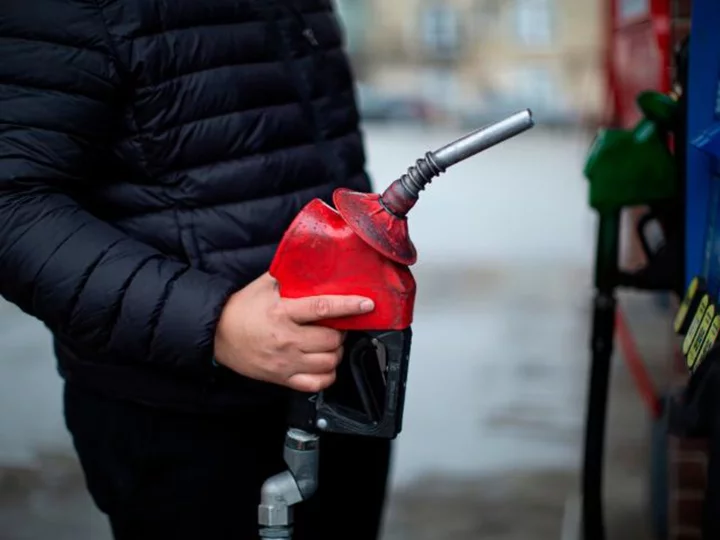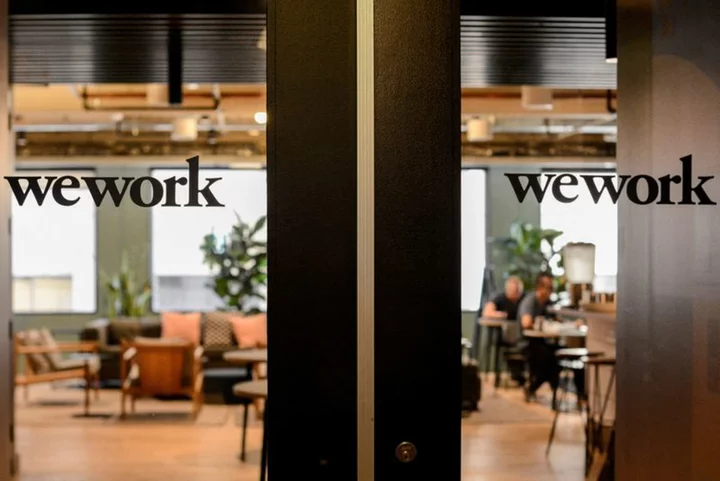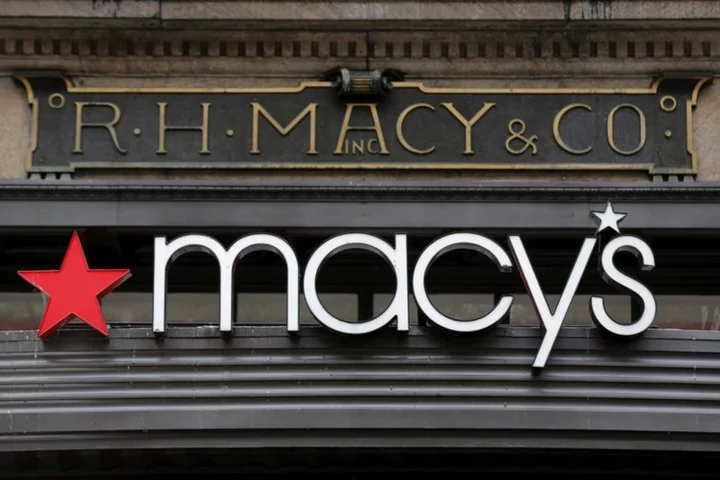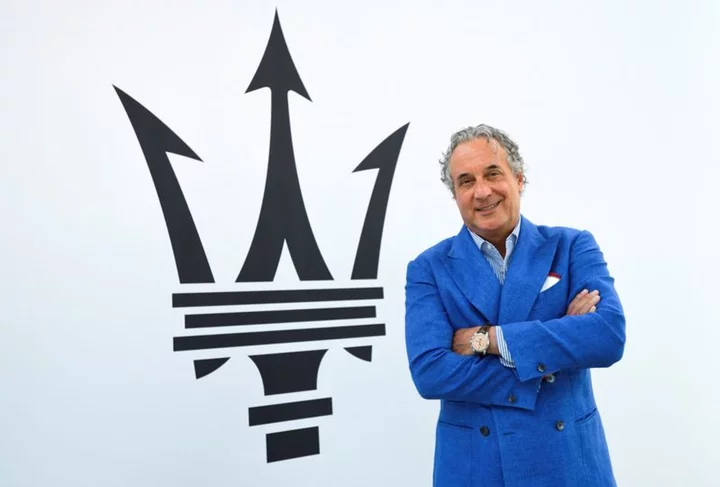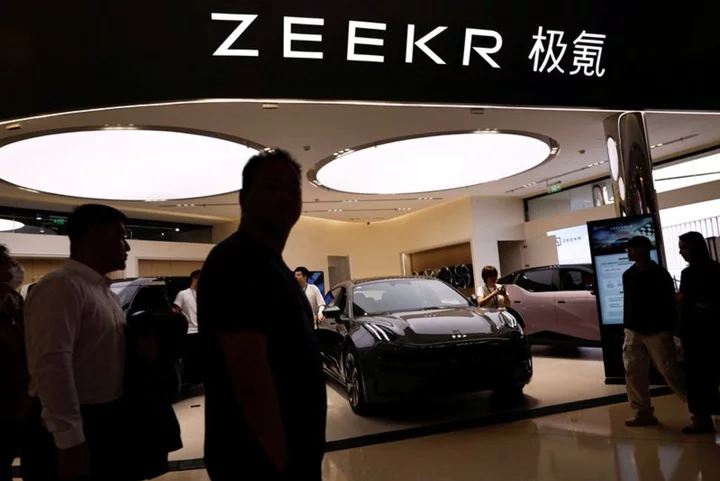New Jersey is now the only state in America where it's illegal for drivers to pump their own gas.
Oregon last week lifted its 72-year-old ban on self-service gas stations, allowing stations to operate half of their pumps as self-serve. Oregon's law, which was signed Friday by Democratic Gov. Tina Kotek, was passed over the objections of a union representing 800 workers at stations.
Oregon's move makes New Jersey the last state where drivers can't touch the gas pump. Gas station owners in New Jersey can be fined as much as $250 for a first offense if drivers are caught handling the gas pump and up to $500 for subsequent violations.
Gas stations' struggles to hire workers have led to renewed attempts by New Jersey gas station industry advocates to lift the ban. Every time there's a spike in gas prices, bills seeking to end self-service pop up.
New Jersey's self-service ban, along with the state's reputation for lower gas prices than its neighbors, is part of its culture. "Jersey Girls Don't Pump Gas," proclaims a popular bumper sticker.
The state's ban on self-service dates back to 1949, and it seems unlikely to change anytime soon.
Back then, full-service gas stations, with attendants filling up drivers' tanks, were the main way of putting gas in a vehicle. Gas stations used to make their money by offering a variety of services such as oil and battery checks, windshield wiping and vehicle repairs.
Full-service gas station owners believed that cheaper, self-service gas stations — which were beginning to spread — would undercut them on prices and wanted to block them, according to historians.
Full-service gas stations played up safety hazards around self-service, arguing that untrained drivers would overfill their tanks and start a fire. With support from local fire marshals, gas stations lobbied state legislators to pass bans on self-service. By 1968, putting fuel in your own car was banned in 23 states.
"Because of the fire hazards directly associated with dispensing fuel, it is in the public interest that gasoline station operators have the control needed over that activity," New Jersey's law states.
But gas station owners began to change their position on self-service in the 1970s and 1980s as they lost their hold on the auto service and repair market.
Gas stations had to look for new ways to grow profit and believed that self-service could reduce their labor costs and increase the amount of fuel sold. They also diversified into selling food, tobacco, coffee, snacks and other items with higher profit margins.
Operators began pushing states to repeal their self-service bans. By 1992, around 80% of all gas stations nationwide were self-service, up from just 8% two decades prior.
Still, New Jersey, Oregon and a handful of other states never lifted their self-service bans, despite frequent legislative attempts, court challenges and opposition from gas station owners and the industry.
Gas stations' struggles to hire workers have led to renewed attempts by New Jersey gas station industry advocates to lift the ban. Every time there's a spike in gas prices, bills seeking to end self-service pop up.
Attempting to overturn the ban has also been seen as a loser politically.
"On self-service gas, that's been sort of a political third rail in New Jersey," New Jersey Gov. Phil Murphy said last year.
A Monmouth University poll last year showed that 60% of New Jersey residents oppose a policy that would allow stations to go fully self-service. Fifty-five percent of New Jersey residents say that New Jersey being the only state that does not allow self-service is a good thing for the state.
"Being the last full-service-only state in the country seems to be a source of pride for many New Jerseyans," said Patrick Murray, director of the Monmouth University Polling Institute.

